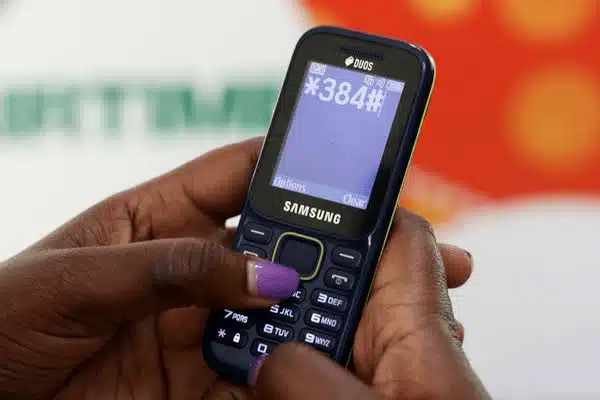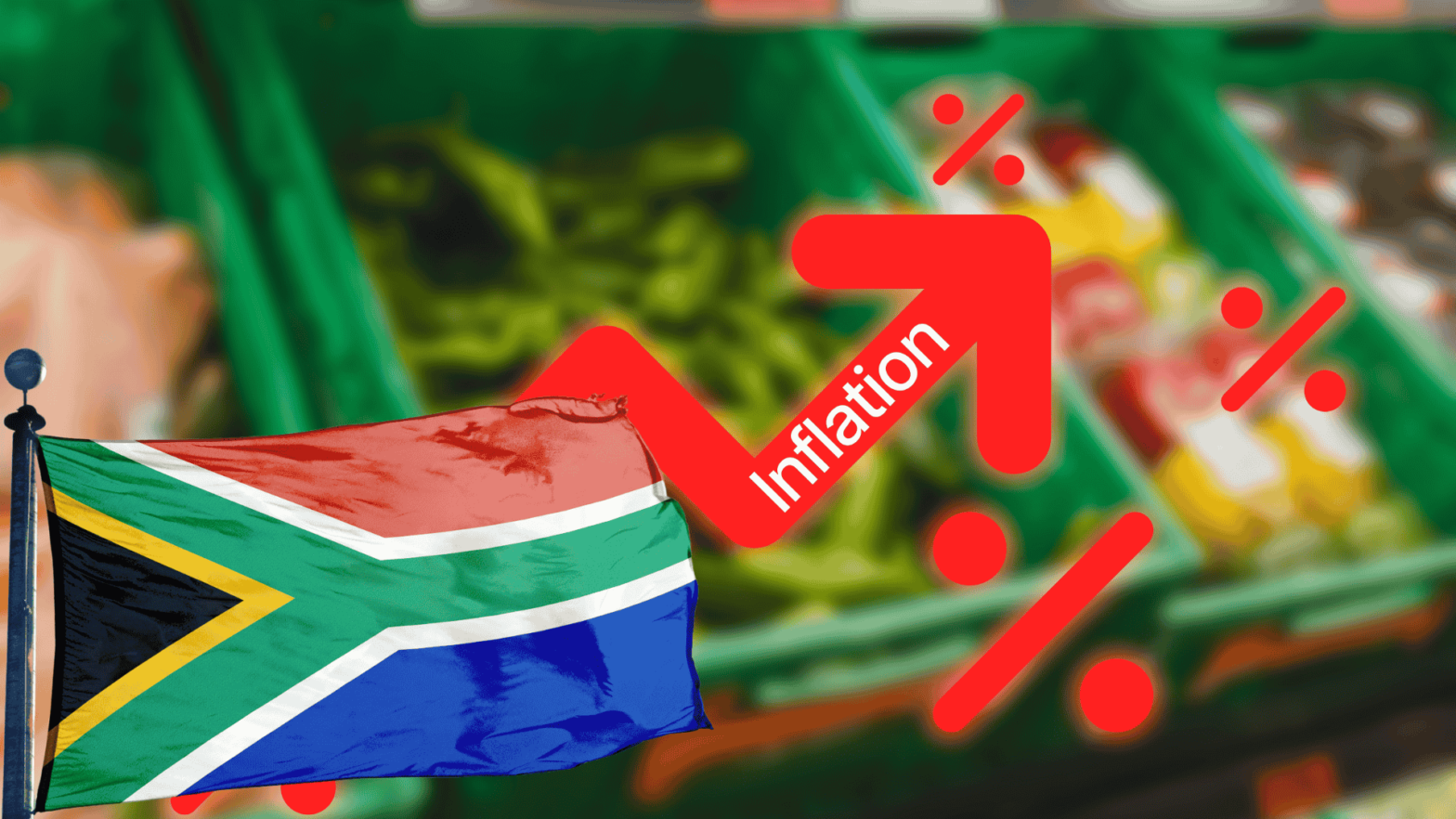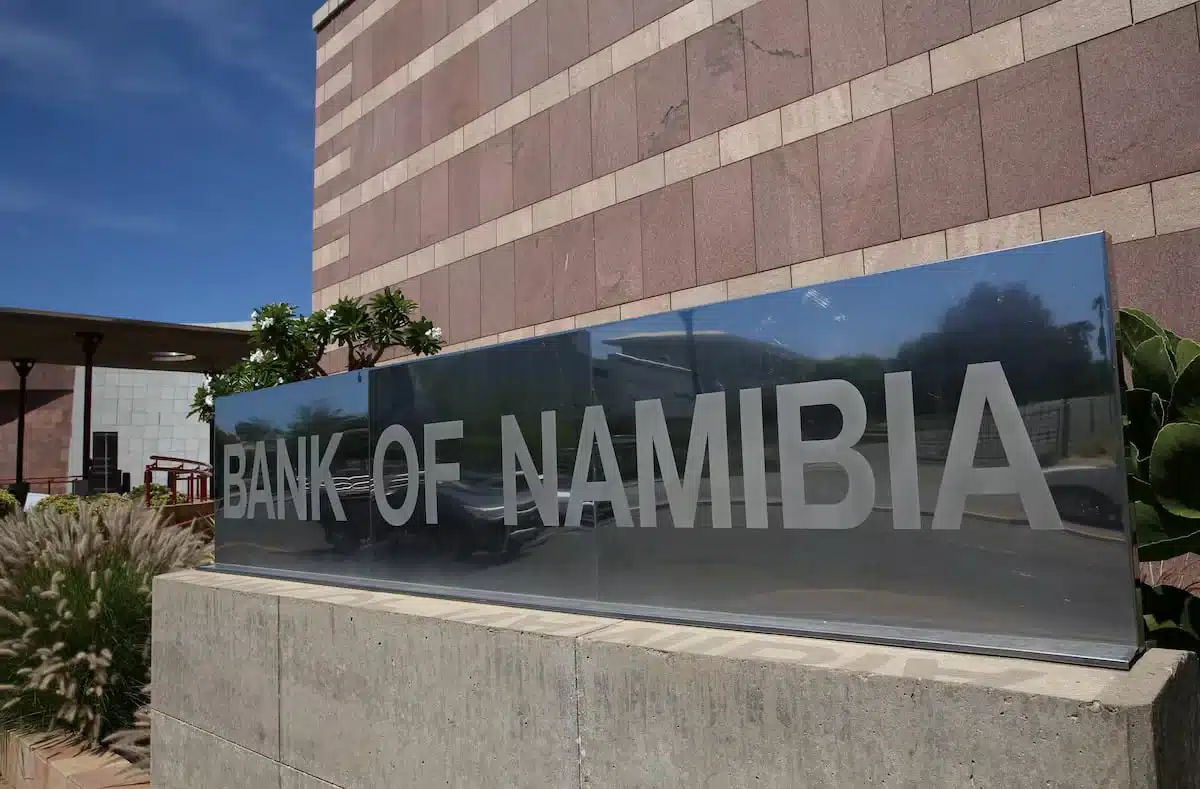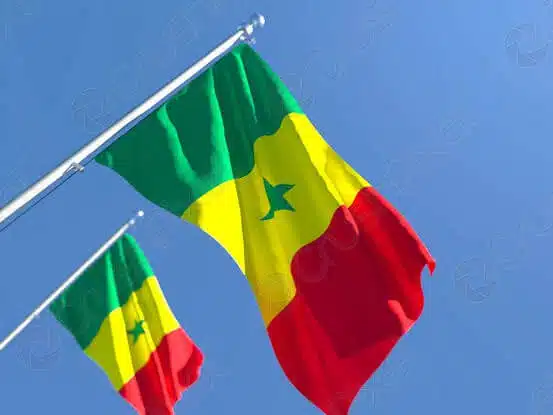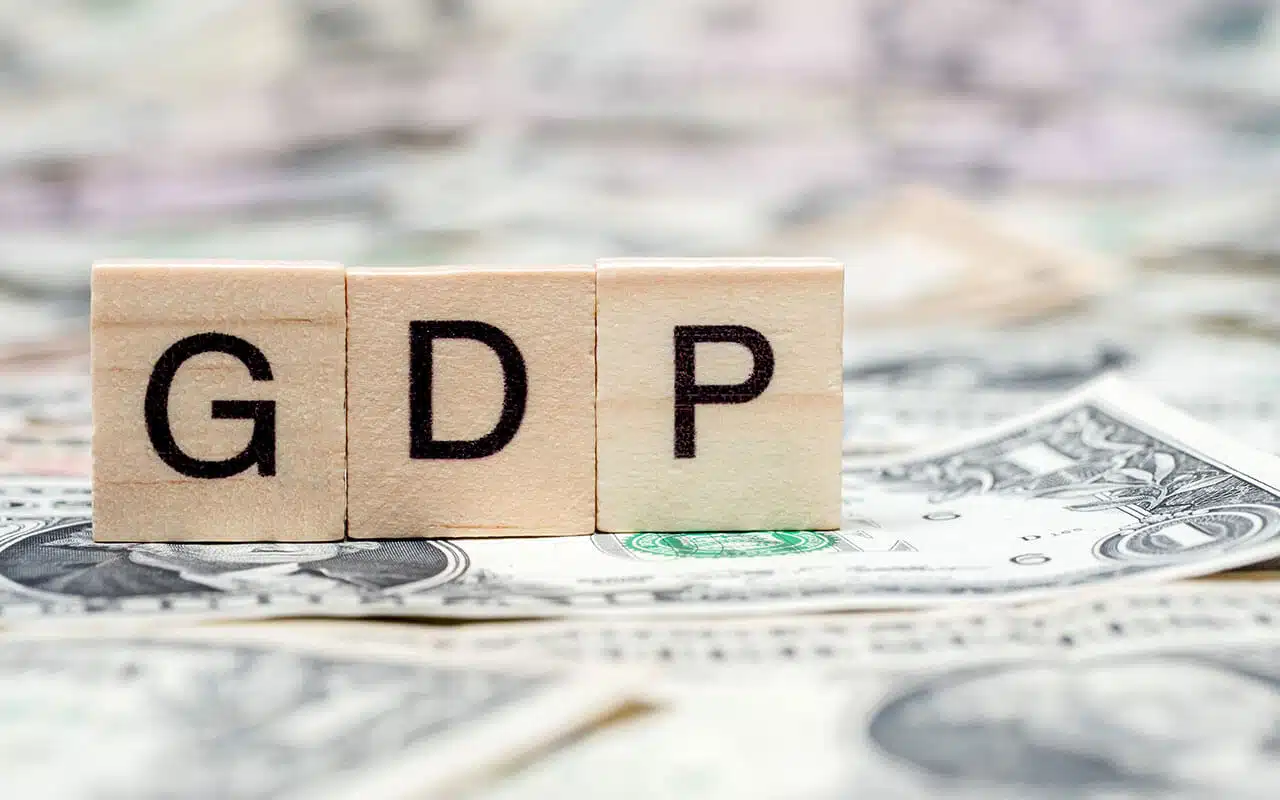Days after telcos operating in Nigeria adjusted call and data prices in line with the government’s newly approved 50% tariff increase, the cost of Unstructured Supplementary Service Data (USSD) remains unchanged, still at ₦6.98. At least for now.
This comes as a pleasant surprise, especially for bank customers who depend heavily on the USSD service to conveniently carry out banking transactions without the need to visit physical bank branches.
Telcos partner with banks to make bank transactions more seamless for their customers. Subscribers are able to make transfers and other transactions using bank USSD codes unique to each bank. It eliminates the need for banking apps and other electronic payment channels that need internet service to function.
The banks and telcos quagmire
Banks are heavily reliant on the telcos for successful digital transactions, including USSD. As a result, they agreed to pay a certain percentage of the charges for such transactions to the telcos.
In March 2021, a joint circular of the Central Bank of Nigeria (CBN) and the Nigerian Communications Commission (NCC) announced that the new USSD charge is a flat fee of ₦6.98. This was to resolve the protracted disagreement as to the amount banks are to charge and remit to the telcos for such transactions.
In November 2023, telcos expressed displeasure over the slow pace of the ₦200 billion debt repayment undertaken by the banks, being debts for USSD transactions.
A month later, the CBN and NCC released a joint circular, directing banks to pay up their debt to telcos which had fallen to ₦120 billion following ₦80 billion debt repayment. By January 2025, the NCC released a circular, approving the disconnection of 9 banks which failed to fully repay their debts to the telcos before January 27th, 2025.
However, by January 27th 2025, there was no report of any disconnection of any banks from the USSD service. The bank’s had reportedly started complying with the circular before the disconnection day.
The real picture
There are an estimated 11 million Nigerians who use the USSD service as a way of carrying out banking transactions. With the ease of such transactions, coupled with the fact that the USSD service works even on the phones with only basic features and has no need for internet service before the transaction goes through, it has been an excellent way for banks to reach more customers and bridge the gap to reaching the unbanked.
Following the set precedent, any increase in the USSD charge fee will have to be sanctioned by both the CBN and the NCC.
Neither banks nor the telcos have the sole authority to increase the charge fees for USSD transactions. This is so even in the face of an increase in telecom tariffs.
However, as a form of respite to bank customers following the recent change in the charge for ATM transactions, it is hoped that the CBN and NCC will stay the current USSD charge fee, without any further increment.
Rather, more efforts should be projected towards ensuring that the friction between banks and telcos about the payment of USSD debts is cleared once and for all. This way, there will be no more threats as to the disconnection or not of banks from the service.

